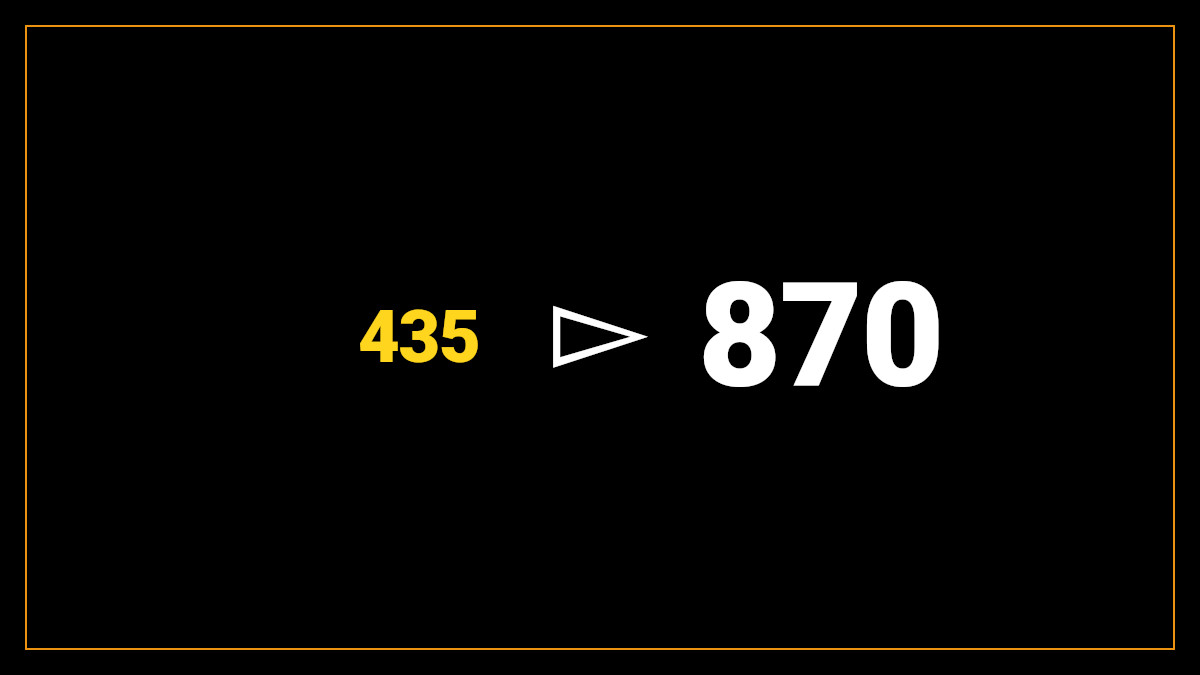Expand the House, save the Electoral College
On partisan dyspepsia, hanging chads, and the completely Constitutional way to make Presidential elections more like a popular vote
A survey by the Pew Research Center delivered the unsurprising result that 65% of adults want a popular vote to determine Presidential elections, rather than votes filtered through the Electoral College. Disparities between the two results are a source of tension, for sure.
■ But it is worth noting that for all the partisan dyspepsia caused by the Electoral College, it may well be a bit like complaining about the side effects of a flu shot: You are aware of the pain you experience, not of the discomfort you may have avoided.
■ Consider just how contentious things became over the count of Florida's vote in the 2000 Presidential election: The state used a silly method of balloting, but it was to the country's benefit that only an individual state's count was in question. Imagine a popular vote in which the popular vote turned out in a photo finish. In such cases, were a popular vote to be the deciding mechanism, then the counts in all 50 states could be hauled in for further review. And since vote tabulations almost always contain some error -- and disputed ballots -- any popular vote within, say, a 2% margin could find itself contested on a national level. Under those circumstances, the Supreme Court could find itself adjudicating 50 different disputed counts every time.
■ Whatever its other shortcomings, the Electoral College effectively acts to contain the damage done by a local conflict -- whether it's over butterfly ballots or criminal behavior by a losing candidate. The Electoral College has a clarifying effect.
■ It also, of course, is a reminder that our system is federal in nature, rather than national. And that, too, is worth preserving. That doesn't mean the complaints about the Electoral College are without merit, though, and a reasonable compromise to make Electoral College votes more representative of the popular vote would be to undertake the long-overdue process of expanding the House of Representatives.
■ A doubling of the House wouldn't be inappropriate, considering that the chamber has been stuck at 435 members since the 63rd Congress, which convened in 1913. Our population then was 101 million; it is now 335 million.
■ Doubling the House's seat count would not only have some salutary effects on the legislature, it would also help to bring the Electoral College closer to representing the popular vote. And, unlike shenanigans like the National Popular Vote Compact or proposals to move to an authentic national popular vote, expanding the House would be perfectly consistent with the law, historical precedent, and the Constitution as written. Why we haven't given the case a fair hearing yet is beyond explanation.



